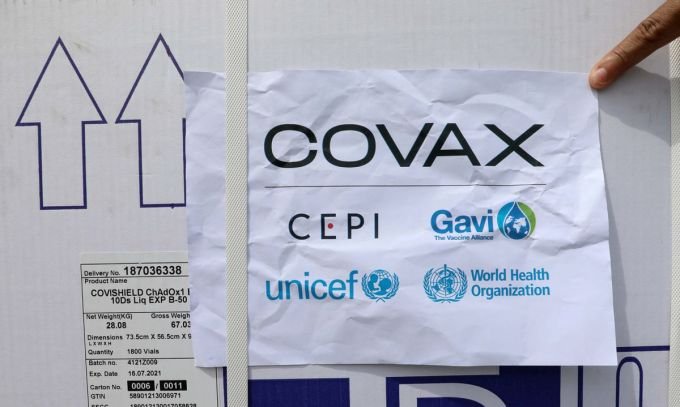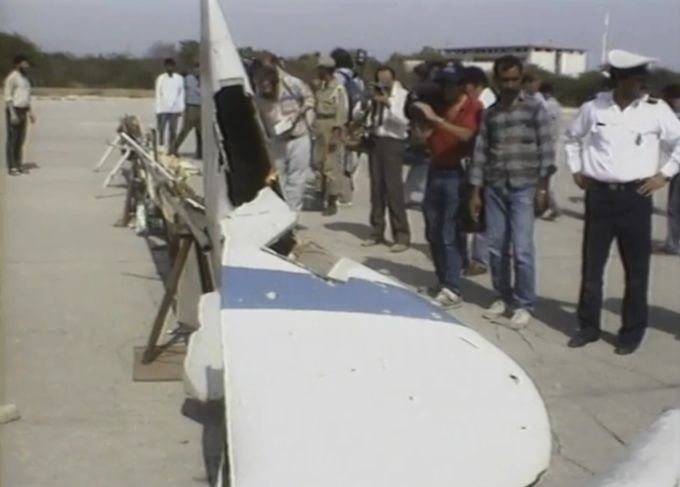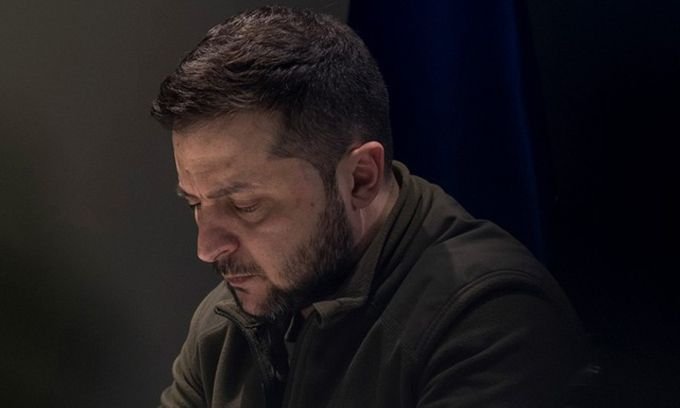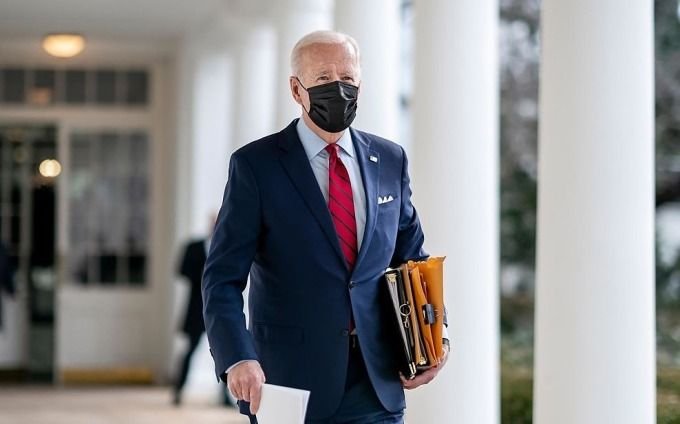Covax, the United Nations’ vaccine-sharing initiative, is racing against time to deliver 800 million to one billion vaccine doses to low-income countries before the end of the year, after having to further cut its sharing target.
In early September, the organizations running the Covax program, including the Gavi Vaccine Alliance, the World Health Organization (WHO), UNICEF and the Coalition for Epidemic Preparedness Innovations (CEPI), had to announce
Many of Covax’s direct orders with vaccine manufacturers in the first half of this year were delayed and the initiative has increasingly relied on funding from the US and other rich countries.
Officials from the Covax operating group said this week they could not predict with certainty how many vaccine doses would be distributed before January 1, 2022.
`That number could be more than 800 million doses before the end of the year,` said Richard Hatchett, CEPI’s executive director.
WHO vaccine director Kate O’Brien said they hope to reach the 800 million dose threshold soon, but added that there are still many obstacles and the deadline may have to be pushed back to early 2022.
`We can’t say anything yet, but we are doing our best, trying around the clock to distribute as many batches of vaccine as possible,` O’Brien said.
A batch of Covax Covid-19 vaccine was delivered to the airport in Mogadishu, Somalia in March. Photo: Reuters.
However, many critics say this is evidence that Covax cannot meet the expectations that the initiative itself set in the early months of the pandemic.
`Covax is failing to achieve even the most modest goals, let alone its ambition to vaccinate the whole world,` said Zain Rizvi, a researcher at the non-profit organization Public Citizen in the US.
Currently, with only 20 days left until the end of 2021, Covax is still about 190 million doses away from its lowest target.
`Over the last few days, I think we’ve been delivering up to 11 million doses a day,` Hatchett said.
Covax has struggled with supply problems since its inception.
Despite supporting Covax, many rich countries quickly pre-ordered vaccines for their people, before this initiative could raise enough funds to do the same.
Covax’s vaccine supply then continued to face obstacles when the Serum Institute of India, one of the key suppliers to the initiative, suspended exports as the Delta wave devastated India.
Low-income countries have administered just 60 million vaccine doses so far, accounting for less than a fifth of the 326 million booster doses distributed in most high-income countries.
Some of Covax’s supply problems have since eased, largely due to funding from rich countries and India resuming exports in November. However, officials said the initiative still had challenges.
James Krellenstein, co-founder of health equality organization PrEP4All, complained that Covax had repeatedly `cut targets, failed to meet them, and cut them again`.
Before starting, Covax aimed to distribute 2 billion doses.
But they soon had to change their commitment.
Covax said the immediate problem is no longer one of supply, but of logistics.
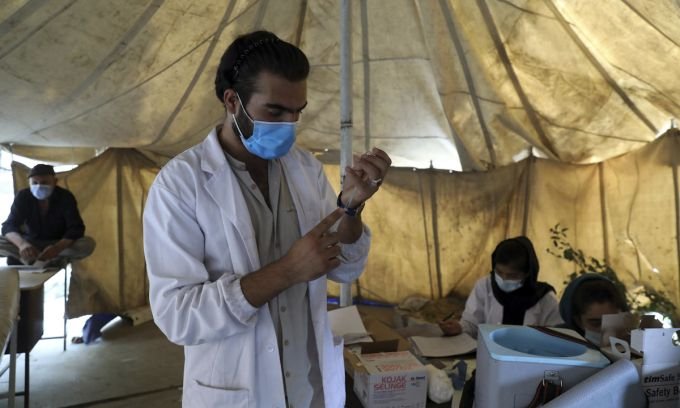
A Covid-19 vaccination site in Kabul, Afghanistan in early July. Photo: AP.
However, in an interview in November, Seth Berkley, Gavi’s chief executive, said Covax’s `supply shortage` problem could continue into the first and second quarters of 2022.
On December 10, Gavi announced a new agreement with Moderna, which will provide 150 million additional doses next year, while the original 20 million doses expected in 2022 will be delivered before the end of the year.
While supply issues are still a barrier for Covax to complete its global vaccine distribution goal, information about the Omicron strain, listed by the WHO as worrying, may bring many challenges for
O’Brien is worried that Omicron could become a factor that causes countries to once again race to reserve vaccines, making supply even more difficult.
`Things could fall apart very quickly if some countries decide to start hoarding their own vaccines,` O’Brien warned.






